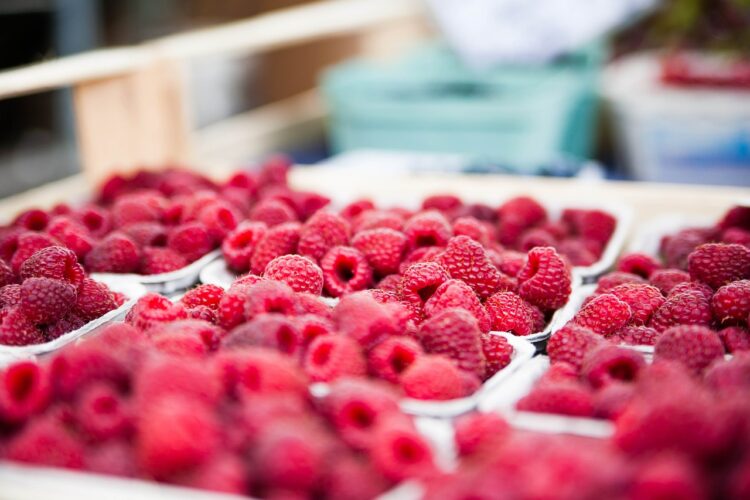Let me tell you, I recently stumbled upon a few great resources for freezing fruits and vegetables.
Planning my meals has been a top priority, but with the abundance of local North Carolina produce here in the summer, it has become increasingly important to me to make the most out of my purchases.
Before I buy fruits or vegetables for the week at my local farmers’ market or the grocery store, I make a plan for what I’ll use for the week.
If the price is good, and the quality is what I want, I‘ll buy extra and make a plan to freeze it. I know I’ll end up using them in future recipes so it makes sense to me to make it part of my “plan-overs”.
One resource from Food and Health Communications, https://foodandhealth.com/freezer-magic-8-freezing-tips/, has given me a few pointers. Here are a couple I found especially important:
- Freeze ripe, high-quality fruits and vegetables. Freezing won’t magically fix any rot, lack of ripeness, or mold — it will just preserve those pesky problems. (Tip 1)

- Many vegetables need to be “blanched” or partially cooked before they are frozen. This will ensure good quality, color, and texture. (Tip 5)
- Freeze your produce in sealed bags or containers. Bags are the preferred method because you can see what is in them and they take up less space. It is important to fold or roll items in the bags so that you reduce the amount of air in the bags. The less air, the better! (Tip 6)
I’ve learned it is especially important to label and date whatever it is you freeze. Otherwise you might not know what it is. Also, remember to use it as part of your “plan-over” meals so you can avoid forgetting about them in the depths of the freezer (I might have done this a few times before!) Happy freezing!
Emily